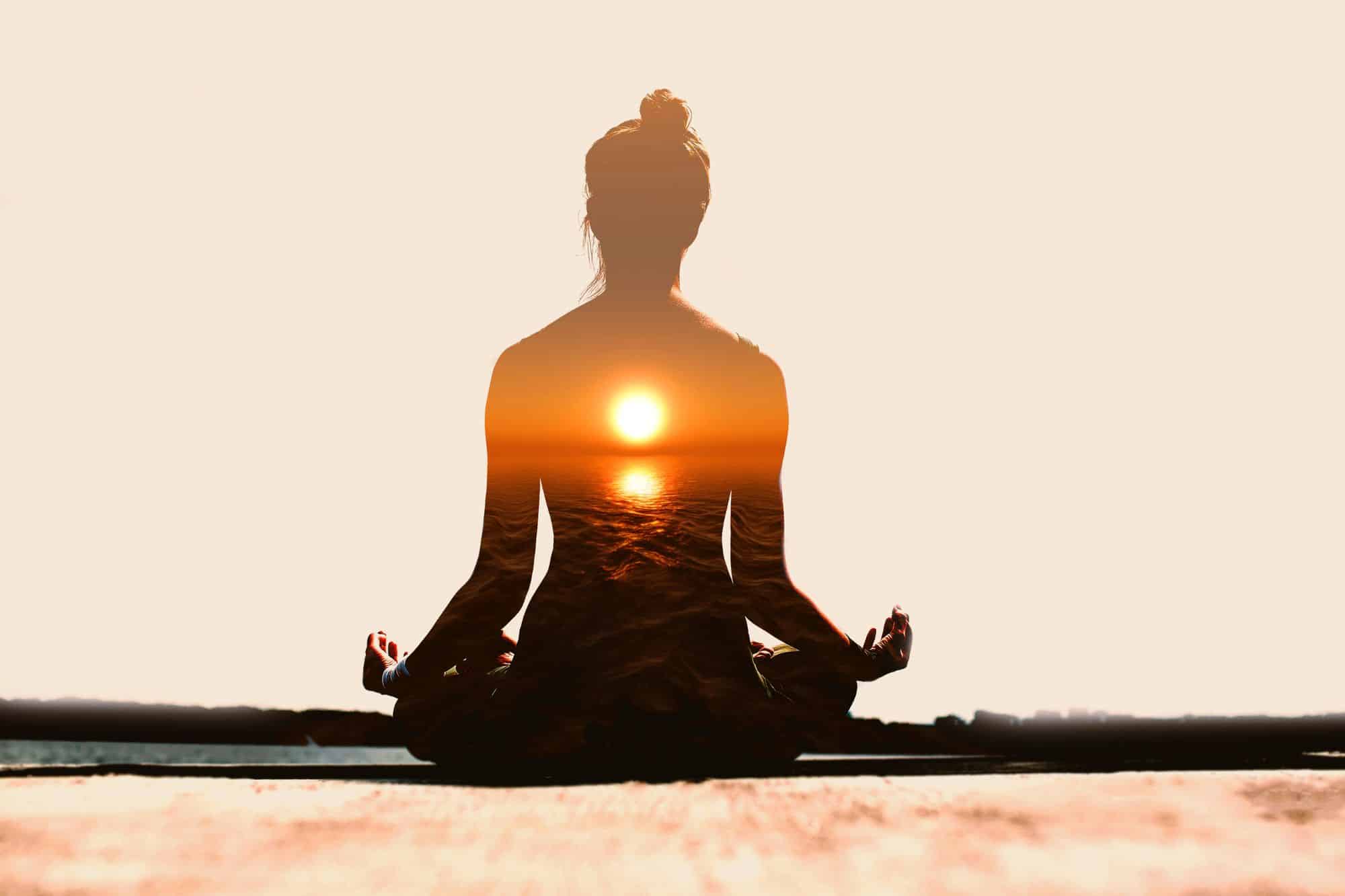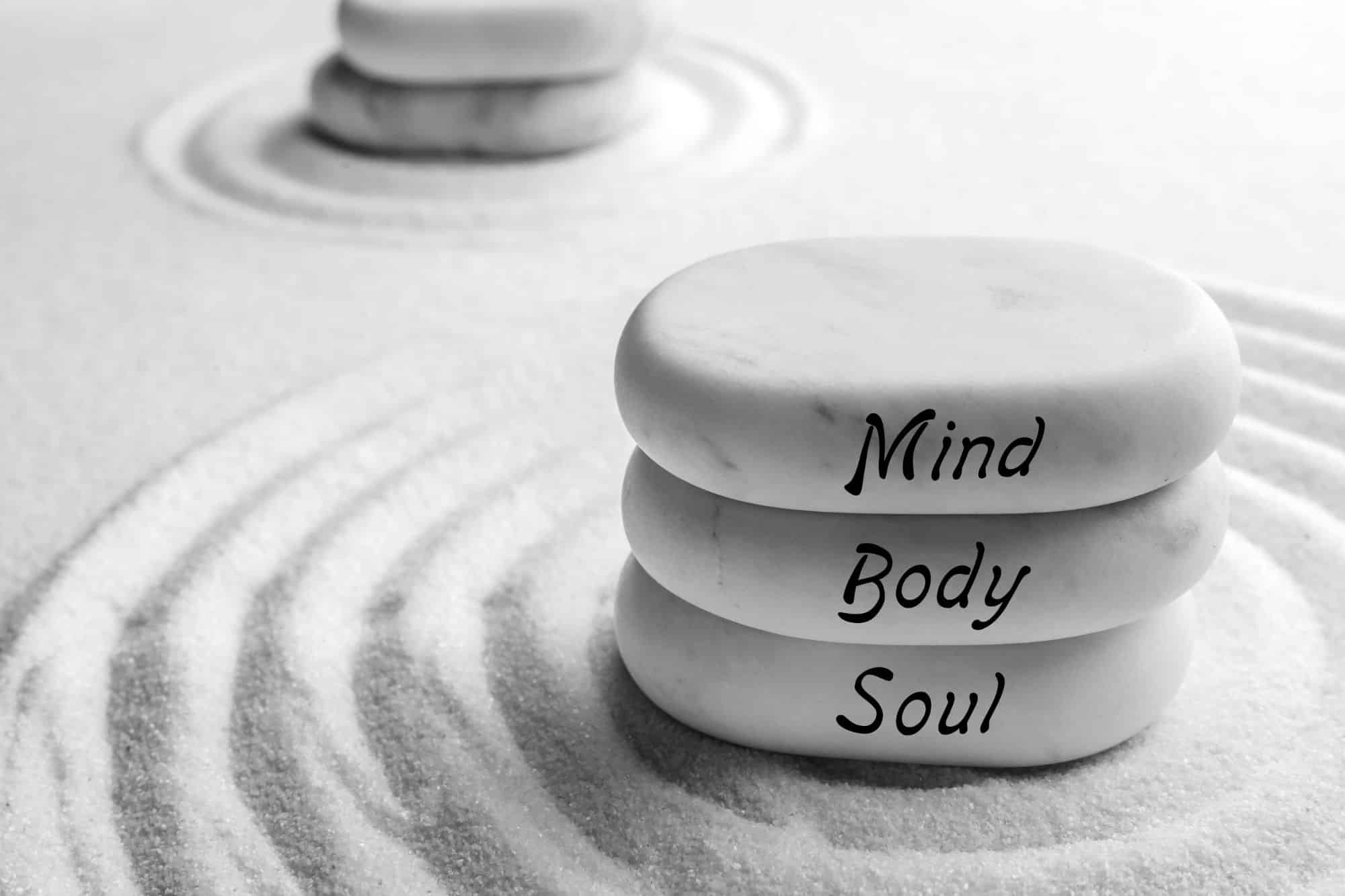Table of Contents
Holistic therapy complements traditional addiction and mental health treatments by addressing the individual as a whole, rather than concentrating on just one aspect of their well-being.
What is Holistic Therapy?
Holistic therapy adopts a comprehensive approach, encompassing the mind, body, and spirit in the healing journey. While it shares parallels with traditional counseling, it often incorporates alternative therapeutic practices. As Lenaya Smith Crawford, a holistic therapist, puts it, this method immerses every facet of an individual in the therapeutic and mental health environment. It merges the mental and emotional realms with the tangible and spiritual experiences.
For instance, someone with PTSD might grapple with both physical tremors and an overwhelming mistrust in the world’s safety. Holistic therapy addresses these varied symptoms, be they physical, emotional, or spiritual. Rather than focusing solely on a single aspect of health, this therapy emphasizes the interconnectedness of every aspect of an individual’s well-being. It often marries conventional methods like psychotherapy and medication with alternative treatments like acupuncture and yoga.
How Holistic Therapy Works
Holistic therapy thrives on a partnership between the therapist and the individual. Together, they craft a unique treatment plan blending both conventional and alternative methods, like holistic practices. This approach not only leans on proven scientific methods but also emphasizes preventive measures and taps into the body’s innate healing abilities.
The core aim of holistic therapy is to deepen one’s self-awareness, boosting self-esteem and confidence.
Holistic methods dive deep into the intricate interplay between our minds and bodies. For instance, a person’s chronic physical pain might be traced back to workplace stress. Conversely, a holistic therapist could suggest physical activities, such as exercise, to address psychological concerns like anxiety.
Some holistic treatments also explore the realm of energy work, aiming to rectify disruptions in the body’s natural energy flow. Practices like Reiki and acupuncture exemplify this energy-centric approach in holistic therapy.
Holistic Therapy for Addiction Treatment
Holistic therapy has found its way into addiction treatment by focusing on the whole individual. Many programs now employ this approach, integrating activities like art therapy, Tai Chi, dance sessions, recreational events, and even spiritual growth exercises. In fact, many of these treatments now feature practices such as yoga and mindfulness.
Addiction treatment often pairs conventional methods like medication and talk therapy with these alternative techniques. The aim of this comprehensive strategy is to ensure long-lasting recovery. By catering to an individual’s unique medical, psychological, social, and environmental requirements, the chances of achieving positive results increase significantly.
What Mental Health Issues Does Holistic Therapy Help?
Holistic therapy offers a comprehensive approach that can be beneficial for various psychological challenges. These might encompass:
- Dual Diagnosis
- Anxiety and stress
- Depression
- Emotional struggles
- Family issues
- Traumas
- Work-related concerns
By aiming to nurture the entire individual, holistic therapy can be particularly useful for issues that aren’t easily pinpointed or those that impact numerous facets of one’s life.
Types of Holistic Therapy
Holistic therapy encompasses a broad spectrum of treatments under its umbrella. While professionals may identify themselves as holistic therapists, they might also describe their practice in various ways such as:
- Eclectic or Integrative Therapy: This approach merges multiple traditions and methods tailored to cater to an individual’s specific needs.
- Mind-Body Therapy: It concentrates on enhancing body functions and relaxation, emphasizing overall health improvement.
- Somatic Therapy: This body-focused method involves techniques like breathwork, dance, and meditation to alleviate trauma, stress, and other mental health challenges.
- Spiritual Therapy: Rooted in spiritual beliefs and values, this therapy helps individuals navigate the challenges they encounter in life.
Holistic Therapy Techniques
Holistic therapy employs an array of techniques aiming to deepen individuals’ understanding of their symptoms. The primary goal is to enhance self-awareness, highlighting the intricate relationships between the body, mind, and interpersonal dynamics, and their collective impact on mental well-being.
Most of these techniques have their foundation in mindfulness and bodywork. They often resonate with practices found in complementary and alternative medicine (CAM), emphasizing the unity of body, mind, and spirit. Some renowned methods include:
- Acupuncture
- Biofeedback
- Breathwork
- Guided Imagery
- Hypnosis
- Massage
- Meditation
- Mindfulness
- Reiki
- Tai Chi
- Yoga
Moreover, therapists integrate recognized psychotherapy methods, such as cognitive-behavioral therapy (CBT), psychoanalysis, and person-centered therapy, into their holistic approach.
Benefits of Holistic Therapy for Substance Abuse and Mental Health
Holistic therapy offers a well-rounded approach to tackling substance use disorders and mental health challenges. Here’s a look at its multifaceted benefits:
Yoga: Beyond its physical advantages, yoga has been shown to reduce substance use and alleviate anxiety among those with substance-related disorders.
Mindfulness: This technique enhances emotional stability, potentially making it easier for individuals to refrain from substance use.
Exercise: Engaging in physical activities can boost mood, improve sleep patterns, diminish stress, and enhance self-worth—critical factors in navigating substance use disorders.
Expressive Therapies: Techniques, such as music, offer individuals an outlet to channel their emotions. Additionally, group-centric activities like art projects can foster better listening skills and cultivate a sense of community, making social interactions more fulfilling.
Holistic therapy isn’t just limited to addressing specific disorders. Its wellness practices provide general tools to counter daily stressors and amplify overall mental well-being.
One of the standout attributes of holistic therapy is its encompassing view. It addresses the mental, physical, and spiritual aspects of an individual’s health, enabling them to discern the interconnectedness of these areas in their lives. This comprehensive insight helps enhance overall well-being.
Another boon? Many of the techniques championed by holistic therapy can be incorporated into daily routines, proving beneficial in real-life situations that might induce stress, anxiety, or mood shifts. Armed with strategies like deep breathing exercises or meditation, individuals are better equipped to handle challenges.
Additionally, holistic therapy is as much about prevention as it is about treatment. Instead of solely addressing issues once they arise, embracing holistic practices can serve as proactive measures, safeguarding one’s emotional, physical, social, and spiritual health.
Effectiveness of Holistic Therapy
Determining the effectiveness of holistic therapy in Chattanooga, TN can be challenging due to its diverse techniques and methodologies. Yet, it often intertwines with proven therapeutic practices like Cognitive Behavioral Therapy (CBT) and brief dynamic psychotherapy.
Several holistic techniques, including acupuncture, yoga, and deep breathing exercises, have been recognized for their positive impacts.
Emerging research supports the myriad benefits of holistic care:
A study from 2017 pointed out that holistic strategies not only provide physical and mental benefits but are also cost-efficient.
Findings suggest that practices like mindfulness and meditation can significantly decrease anxiety and stress, with the flexibility to tailor them to various scenarios and needs.
Guided imagery, a popular tool in holistic therapy, has been linked to enhanced sleep quality, mood upliftment, stress reduction, and improved relaxation.
Deep breathing exercises have also been scientifically endorsed for their role in diminishing stress and fostering relaxation, underpinning both physical and mental well-being.
What to Expect in Your Holistic Therapy Session
In your initial session, expect a warm and understanding environment. Your therapist will take the time to understand where you currently are mentally and emotionally. Together, you’ll discuss and outline the goals you hope to achieve throughout your treatment journey.
Holistic therapy’s beauty lies in its adaptability. As you move forward, there might be shifts in your needs or new discoveries about yourself. In response to these evolving insights, your therapy plan can be tailored accordingly. This flexible approach ensures that the therapy remains relevant and effective for you, ensuring you get the most out of each session. Always remember that this journey is about you, and the therapy process will mold itself to suit your unique path to healing and growth.
Frequency of Holistic Therapy Sessions
The frequency of holistic therapy sessions isn’t one-size-fits-all. Depending on the type of treatment, you might find yourself attending weekly, or perhaps more sporadically. Some holistic treatments, like massage or breathwork, don’t demand a strict schedule – you can have them as and when you feel the need.
Your holistic therapist might suggest a blend of treatments. For instance, you might find yourself in psychotherapy once a week, doing yoga on Tuesdays and Thursdays, and visiting a nutritionist every month.
Length of Holistic Therapy Treatment
There’s no universal finish line for holistic therapy. At the start, you and your therapist will set clear goals. Alongside these goals, you’ll discuss milestones to track your progress. Maybe you’re aiming to manage specific symptoms, or perhaps you want to become self-sufficient in using holistic techniques. Whatever your aim, it’s the progress that counts.
The beauty of holistic therapy is its flexibility. Many view it as a lifelong journey, similar to maintaining regular exercise or a balanced diet. So, whether you’re in it for the short haul or the long run, the key is to keep deriving value and benefits from your sessions.
Begin Your Holistic Therapy in Chattanooga, TN Today
Are you seeking a therapeutic experience that addresses not just the mind, but also the body and spirit? Dive into the transformative world of holistic therapy in Chattanooga, TN with Iris Wellness Group. Here, we believe in the power of a comprehensive approach to healing and well-being. Let our experts guide you on a journey that harmonizes the physical, emotional, and spiritual aspects of your life. Don’t wait for change – initiate it. Call Iris Wellness Group today and embrace holistic therapy tailored just for you.













